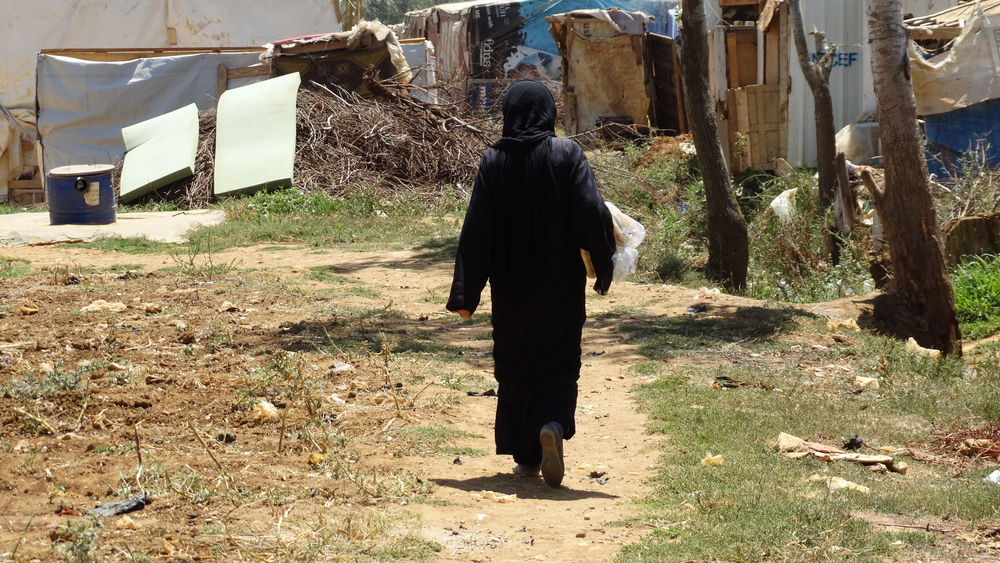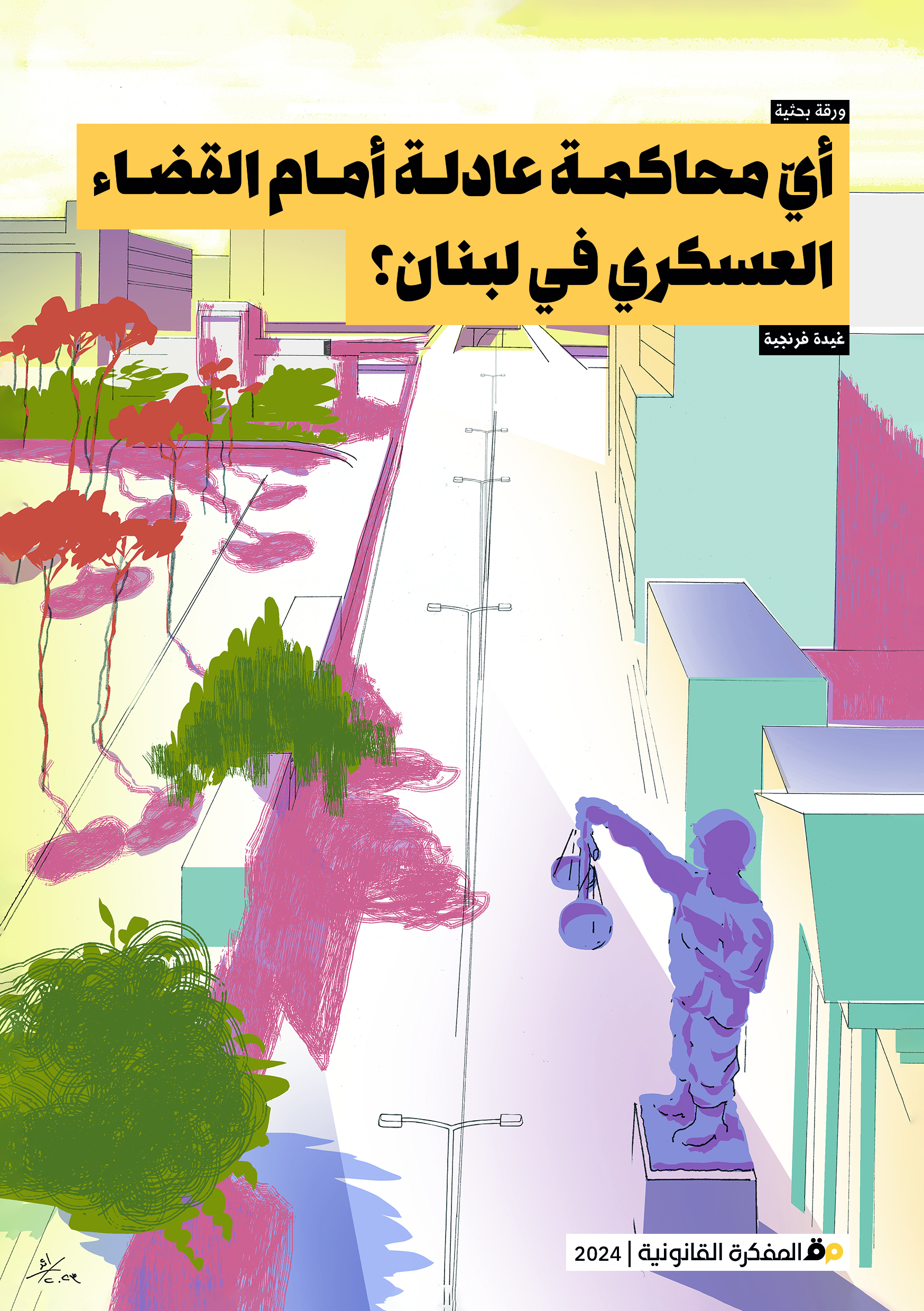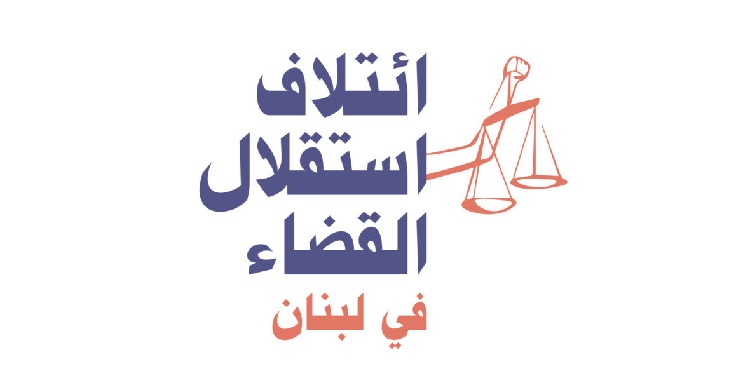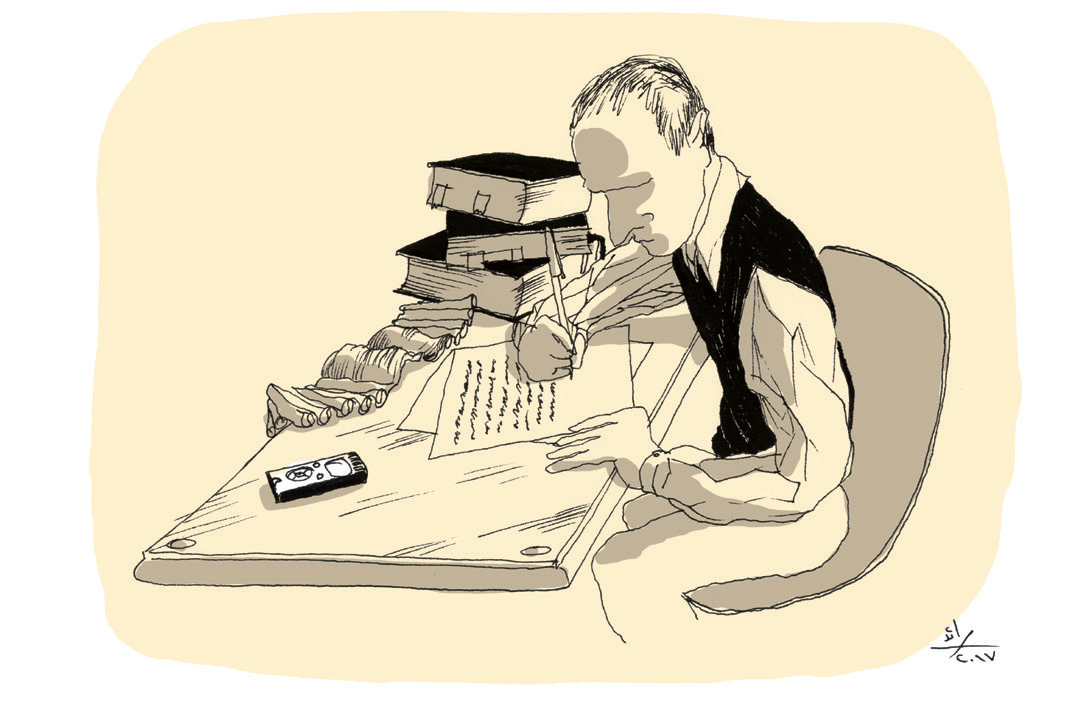Commodifying Lebanon via Parliamentary Bills
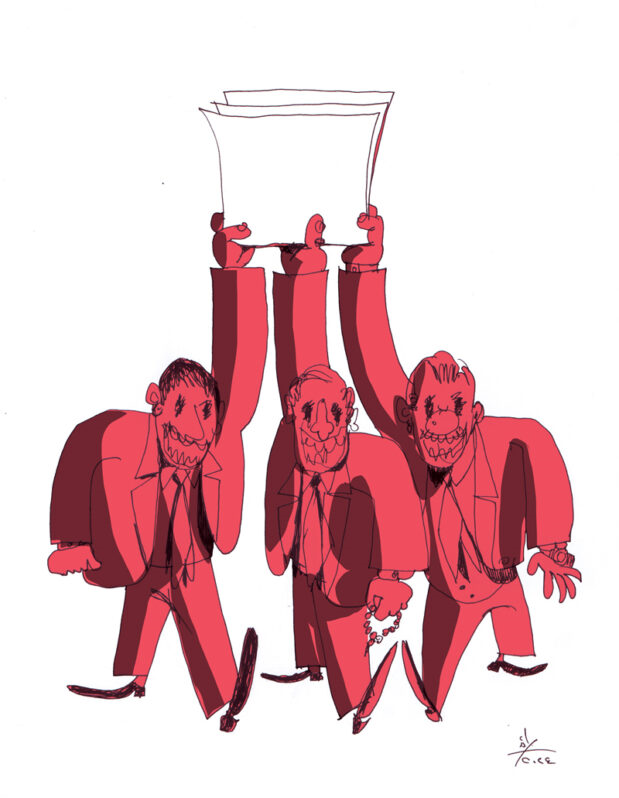
The idea of allocating state assets to plug the gap created by the financial losses has been marketed since the beginning of the crisis. It was embodied, in particular, by the alternative plan that the Association of Banks in Lebanon (ABL) drafted in 2020 in response to the plan for financial and economic reform that the government prepared during the negotiations then underway with the International Monetary Fund (IMF). The idea returned to dominate recently in the face of a new official attempt to address the deposits issue, in coordination with the IMF, by ensuring that a portion of the deposits is honored while striking off the remainder because honoring it would be impossible. Subsequently, on the same day that the draft bill embodying this attempt was leaked (6 February 2024), the State Council issued a famous decision on the case that the ABL had filed against the state, holding that striking off any deposits (deposits made by the banks to Banque du Liban, Lebanon’s central bank) would be unconstitutional because the “right to property” is sacred and the state has a responsibility to fully cover the central bank’s losses. The ABL quickly exploited this decision in an unprecedented promotional campaign that prompted numerous ministers to descend upon the draft law and nip it in the bud before it could even be debated inside the government.
Amidst the media and political campaigns aimed at undermining the aforementioned draft, a parliamentary committee was appointed to study two bills that had been submitted in 2023. The first, which was submitted by the Strong Republic bloc, is titled “Establishing an Independent Institution for Managing State Assets”. The second, which was submitted by the Development and Liberation bloc, prepared by State Council President Fadi Elias, and based on the same reasoning as the aforementioned decision, is titled “Protecting Legitimate Bank Deposits and Returning Them to Their Owners”. On 21 March 2024, the Strong Lebanon bloc jumped on the bandwagon by submitting a third bill titled “The Trust Fund for Safekeeping and Managing State Assets”. On May 7, a decision was made to accelerate the legislative process for these bills by referring them to the joint committees.
Although the three bills contain numerous differences, they generally agree that the state should bear much of the responsibility for the loss of deposits and that its assets should be allocated to repaying them. This idea conflicts with global trends for handling similar crises (including the orientation of the IMF), which emphasize that the banks bear the primary responsibility and that the state’s responsibility is merely supplemental. These trends are generally based on the notion that burdening the current and future generations with responsibility for repaying squandered deposits is a dangerous course of action that not only contradicts justice principles but also undermines economic recovery and public services. Hence, the ongoing discussion concerns not only the issue of responsibility for the deposits or – more precisely – of fairly distributing the losses, but also the appropriateness of prioritizing the state’s responsibility for the deposits over all its other responsibilities and functions, which may be just as important. Such responsibilities include ensuring the proper functioning of public services and ensuring that citizens enjoy fundamental rights. Moreover, there is much doubt about whether relying on state assets and the returns to repay the lost deposits is even realistic, given the large gap.
Before discussing these issues, we must note that these bills seem infused with the banks’ interests and concerns. This is evident from their approach not only to responsibility for the loss of the deposits in the past but also to the pressing interests that should be prioritized by state policies in the future. This we shall show throughout this article.
A Fair Distribution of the Losses?
In this area, we will discuss the concepts underpinning the three bills with regard to the financial losses or the so-called “deposits gap”.
In this regard, the Development and Liberation bloc’s bill seems the clearest. Its rationale section, which matches the arguments made in the aforementioned State Council decision on the ABL’s case against the state, explains at length that the state alone should be responsible for covering all the central bank’s losses. In it, the bill’s authors gather all the legal arguments for the state’s responsibility while transforming the banks into mere depositors of the central bank and, therefore, faultless victims like all the other depositors.
Accordingly, the bill states that:
“The state has an obligation to return these funds [which it borrowed from the central bank and the central bank had, in turn, borrowed from the banks, i.e. the deposits] to their owners because it is primarily responsible for spending them on support and it is responsible, under Article 113 of the Money and Credit Code, for covering the central bank’s losses”.
It also states that:
“A monetary deposit falls under property that must be protected. Consequently, the idea of partially or fully striking off deposits is prohibited because it is at complete odds with the Constitution’s provisions… Hence, it must be stressed that deposits are protected, and it is their owners’ right to use them like any owner may use his property”.
The Strong Republic bloc’s bill is less resolute as it establishes the state’s responsibility without ruling out responsibility on the part of the banks. However, the drafters felt no need to examine how responsibility should be apportioned or its nature. Hence, when the bill looks for ways to finance the “Fund for Reconstituting Deposits”, it finds no means of honoring the deposits other than the revenue from investing or even selling state assets. As for the other responsibilities, it merely ties them to the financial rebalancing bill pending before Parliament. The Strong Lebanon bloc’s bill goes in a similar direction. While it burdens the state with repaying only a portion of the deposits (up to USD3 million per depositor), it too focuses on the returns from investing or even disposing of state assets as practically the only means of doing so.
Hence, all the bills assume state responsibility and render state assets fair game to varying extents, based on assumptions that they do not scrutinize. For example, the statement that the state borrowed from the central bank is meaningless without any examination of the currency in which this borrowing occurred (Lebanese lira or American dollars?) or of the records of the central bank and the state and the large question marks surrounding them. Likewise, the statement that the state is responsible for covering the central bank’s losses (which only came to light years after they occurred) ignores both the principle of the annual nature of the public budget and the way the state generally discharges its responsibilities. Most importantly, even if we concede that the state is responsible, nothing allows the state to prioritize this responsibility over its other social responsibilities to the point of pawning all its assets, perhaps for generations, to fulfill it. In reality, the multiplicity of the state’s functions compels it to strike a balance among them in light of its total resources on a yearly basis. Pawning its property in the aforementioned manner and allocating the bulk of their returns to honoring the deposits would prioritize this obligation over its responsibility to restore the functioning of public services and guarantee fundamental civil, social, and economic rights, which lies at the core of any civil project.
Worse than the three bills’ erroneous inflation of the state’s responsibility is the fact that they also contradict justice principles by absolving the banks of responsibility or minimizing or ignoring their responsibility. Principles of good management prohibit banks from depositing all their deposits in one place, especially when they know that the place in question is unsafe, as any serious financial observer would. Moreover, the banks colluded and participated fully in the financial engineering that Alvarez & Marsal’s forensic audit report established was the main cause of the gap created by the losses.
In this regard, the Development and Liberation bloc’s bill is rather contradictory. It tasks the banks with returning their revenue from the financial engineering that occurred from October 2015 onwards. It thereby implicitly deems the deposits stemming from this engineering that the banks made to the central bank to be part of an illegitimate (and possibly criminal) scheme with the central bank’s governor – a scheme that yielded them substantial interest in exchange for paying extraordinary commissions, some of which were proven in the case concerning Forry Associates and others which are under investigation in the case concerning Optimum Invest SAL.
How, then, can the bill argue that these deposits are sacred, that they enjoy constitutional protection, or that the depositing banks committed no wrong in this regard and their deposits must be returned to them? Why, after confirming that this financial engineering is illegitimate, does it merely task the banks with returning their earnings without assigning them any additional responsibility to compensate for the grave damages that resulted from the engineering and its role in deepening the gap? More importantly, why does it merely assign the banks an obligation to return their earnings instead of directly ordering that these funds be deducted from their accounts with the central bank pursuant to offsetting rules, which would reduce the bulk of their deposits with the central bank and potentially make the rest of the bill unnecessary?
The Paramount Interest Sought?
Besides the aforementioned questions about the fairness of the arrangement of responsibilities, we must also question the aspirations underpinning the three bills and their consistency with public interest. This question is especially pressing because the bills entail pawning all state assets for at least years in order to honor the state’s debts to the banks and depositors, which would be unimaginable in the absence of an extraordinary, overriding social interest.
The national interest on which the Strong Republic bloc and Development and Liberation bloc’s bills center is the need to restore trust in the banking credit system, which is impossible if the deposits are struck off. However, aside from the consensus among experts that returning the deposits is impossible, would returning them many years after the crisis began really make depositors forget the humiliation, the “haircuts”, and – most importantly – the scandals involving financial engineering, commissions paid to the office of the central bank’s governor, and the smuggling abroad of the money of a select few people (whom the state still has made no effort to expose) at the expense of all other depositors? In short, can trust be restored in banks well known to have colluded with the central bank and political forces to reap enormous profits at the expense of depositors and to have escaped any accountability? From a logical standpoint, restoring trust in the credit system is no longer possible unless trust is also restored in the justice and accountability system and, more broadly, in the state’s impartiality and integrity. The bills make no mention – not even in their rationale sections – of restoring this trust, preferring to burden the current and future generations with responsibility for the wrongdoings of a small few who remain free of any accountability and are poised to control the credit system that the bills are working to restore.
Another, equally important question is where the goal of restoring trust in the credit system lies in relation to other goals. What about the state’s role in revitalizing the economy? What about its role in restoring public services whose own collapse can lead to the collapse of civil, social, and economic rights? What about its role in rehabilitating the public service, military service, and law-enforcement service now that the value of their employees’ salaries has collapsed? What about all the state’s defensive functions amid the raging wars? What about the importance of preserving public property and the environment, which are shared national resources that should be passed down from generation to generation free from any commodification?
For its part, the Strong Lebanon bloc based its bill not on the need to restore trust in the credit system but on the need to improve state productivity and the management of public finance. Although this goal is important, the bill is devoid of any institutional reform. Instead, it merely establishes a credit fund free of the controls that usually burden the public sector without surrounding it with any safeguards to prevent their absence from being exploited to squander public funds, which are especially important given that the bill opens the door wide for the sale of state assets. The bill also harnesses a portion of the returns from state assets to fund the administrative geographical divisions that are supposed to be established by a law on decentralization, which has not yet been issued and probably will not be issued any time soon given the fierce political wrangling over it. Finally, this bill, too, pays no attention to any of the interests that we mentioned above.
Bills or Brainstorming?
We must also examine the effectiveness of these bills. Realistically, will they achieve their desired goals, especially the return of the deposits in part or in full? Most importantly, will they make any improvement to the administration of public property and increase the state’s productivity in this regard? Here, we will make just two observations.
Firstly, the bills’ rationale sections are devoid of any data on the income expected to result from their implementation and whether this income is proportionate to the burdens that they place on the state. From this angle, the texts seem more like mere ideas for discussion than bills that should be taken seriously. This approach is even more problematic because these bills were submitted not by an activist or depositors’ association but by the three largest parliamentary blocs, and because they came not one day or month into the crisis but after almost five years. Are these all the ideas for addressing a complex, destructive crisis that these huge blocs have come up with over the course of years? Just these bills that render all state assets fair game without presenting any proof of their socioeconomic effects or even their ability to achieve their set goals? Apparently, these blocs find it all too easy to thrust society into a risky venture with uncalculated results (or perhaps they did calculate the results but decided to conceal them from the public because they are inconsistent with the bills’ stated goals).
The biggest concern is that these bills will, in practice, dispossess the state of its assets permanently or for prolonged periods for the good of a small few, thereby complementing the plundering of private deposits that has already occurred. In other words, these bills may constitute more of a continuation of the process of plundering the Lebanese people’s wealth than an effort to restore people’s rights. In this regard, we will merely mention Deputy Prime Minister Saadeh Al Shami’s statement in response to these bills:
“Inflating the state’s responsibility is no substitute for holding others responsible because state property is valued at USD20 billion at most. Assuming that investing it would yield returns of 5% – i.e. USD1 billion – per year, it would take 70 years to cover the gap, and that’s not taking into account the foundational period before the investment begins making profits”.
Several studies have confirmed that betting on state assets as a means of returning the deposits is unrealistic, and no counter studies have been published.
Another issue with the three bills is that they all establish institutions with various labels (e.g. an institution, a fund, or a body) to manage state assets without linking or integrating them into any existing legal framework or even guaranteeing that they are minimally compatible with principles of constitutional or public law. For example, while the Strong Republic bloc’s bill transfers supervisory authority over public commercial institutions from the state to an “independent public institution”, it goes on to clarify that this institution can be sold and control over it, along with the supervisory authority transferred to it, may transfer to capital holders. For its part, the Strong Lebanon bloc’s bill transfers ownership over many public institutions and companies to a credit fund that is “of a private nature” and not subject to any supervision, and it grants this fund the ability to dispose of assets. Some of the bills even create a bastardized system not only for the management of state assets but also for the procedures for monitoring it (for example, the Strong Republic bloc’s bill establishes a monitoring body that has no staff and is funded by the very same independent institution that it is supposed to monitor).
The three bills seem to aim ultimately at creating an avenue that exists in parallel with the state’s bodies and is used as a framework for regulating the exploitation of its assets, thereby reflecting a general belief that reforming the existing institutions or assigning them any role at the current stage is impossible. Our greatest concern is that these bastardized institutions will constitute a gateway for replacing all the constitutional and legal controls currently applicable to state assets with newly invented controls that are fragile because they are unconnected to any legal system.
While we do not downplay the need to improve the state’s productivity and the management of its assets in order to address the crisis and its various ramifications, any improvement will be short-lived if it occurs via frameworks that are difficult to connect to the legal and constitutional system and – in short – the state. It is time to realize that the state’s absence can only be addressed with the state, not with further state absence.

